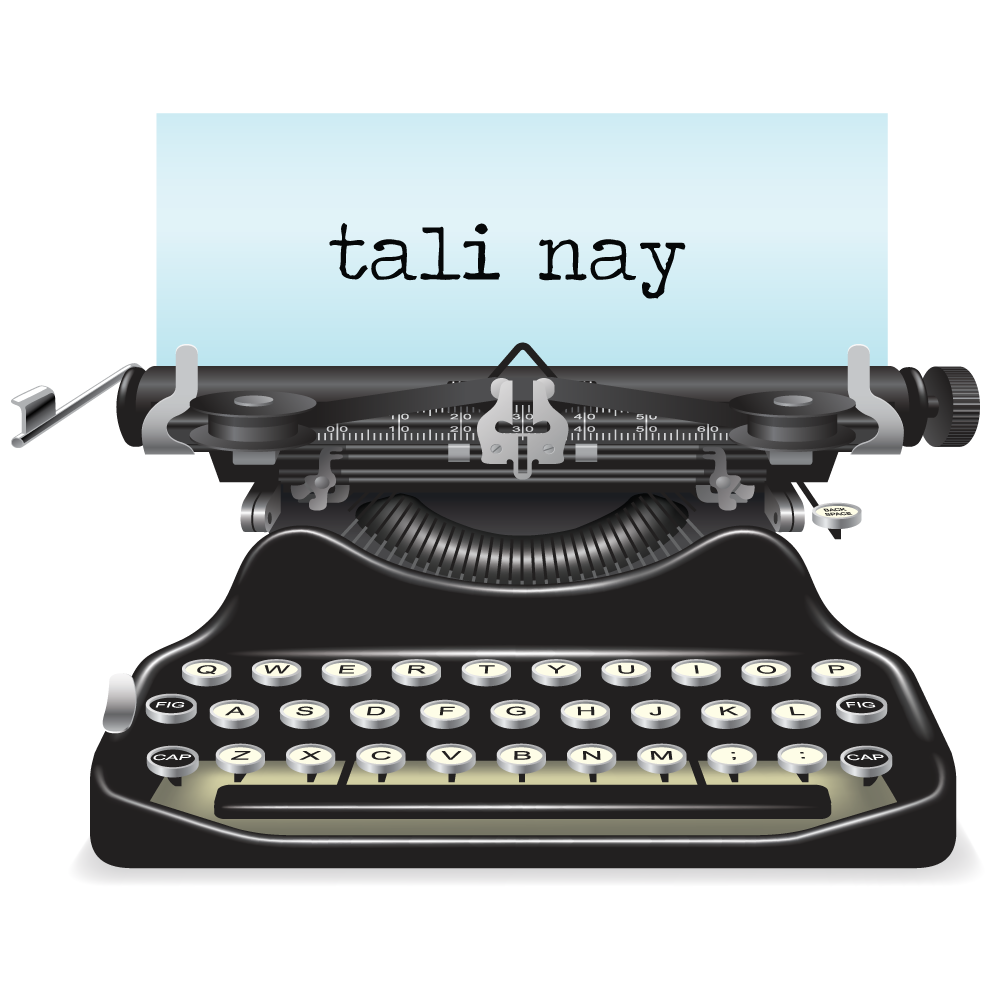How a Writer Measures Time
I have this thing I do, where if I buy something in bulk, I try and calculate the amount of time it will take before I need to buy it again. Then I picture what life might be like at that time; what might have happened in my life by then. And please understand that when I say I picture it, I really do. I spend moments of time waxing pensive over all the different possibilities, the different versions of life that may have played out.
For illustration's sake, let's take q-tips. I buy them in bulk at Costco, 3 packs each containing 625 q-tips. This is 1875 q-tips, which at my normal rate of using 2 q-tips per day, means that they will last 937 days. For those keeping track at home, that is two-and-a-half years. And what will my life be like then? What things will have happened (or not)? Will I be in this relationship? Will I be in another? Will I be at this company, in this house, in this city, this state? Will I be healthy? Will my cat? I'm finishing one of these bulk packs right now, getting ready for the new one, which means nearly two-and-a-half years ago I had this same internal conversation, wondering what my life would be like at this point. It's not exactly that I make goals and measure myself against them. I don't even remember what I had even thought back then, if I had particular hopes for this moment. I can say that my life is certainly different in a few ways, and in many more it is the same. I suppose it's the unknown of it all that has me once again envisioning what another two-and-a-half years might look like.
It reminds me of a recent This American Life podcast where Ira Glass and team were exploring the idea of alternate universes. It's a topic that will probably get any writer waxing pensive, because this whole idea of all the other ways life could have turned out based on different decisions made is almost paralyzing fascinating. It's the Sliding Doors principle (that Gwyneth Paltrow movie where two different versions of her life are played out based only on whether she makes a particular train one night or if she doesn't), where something so simple can change the course of a life. I went to graduate school with a girl who, after graduation, treated herself to a trip to Europe where she met a man after getting on the wrong train. The wrong train! They married and have four children, but what if she hadn't gotten on that wrong train? What if she'd found the correct train?
Some physicists believe that for every decision we make, there is an alternate universe that exists in which we make the opposite decision. I'd give anything to take a peek into those realities and see how things would have shaken out, how happy I appear to be compared to the reality of this universe that I have chosen. Of course, that's not possible. We have only this one universe, this single pack of q-tips by which to measure our progress. So I guess I'll see you in another two-and-a-half years.

